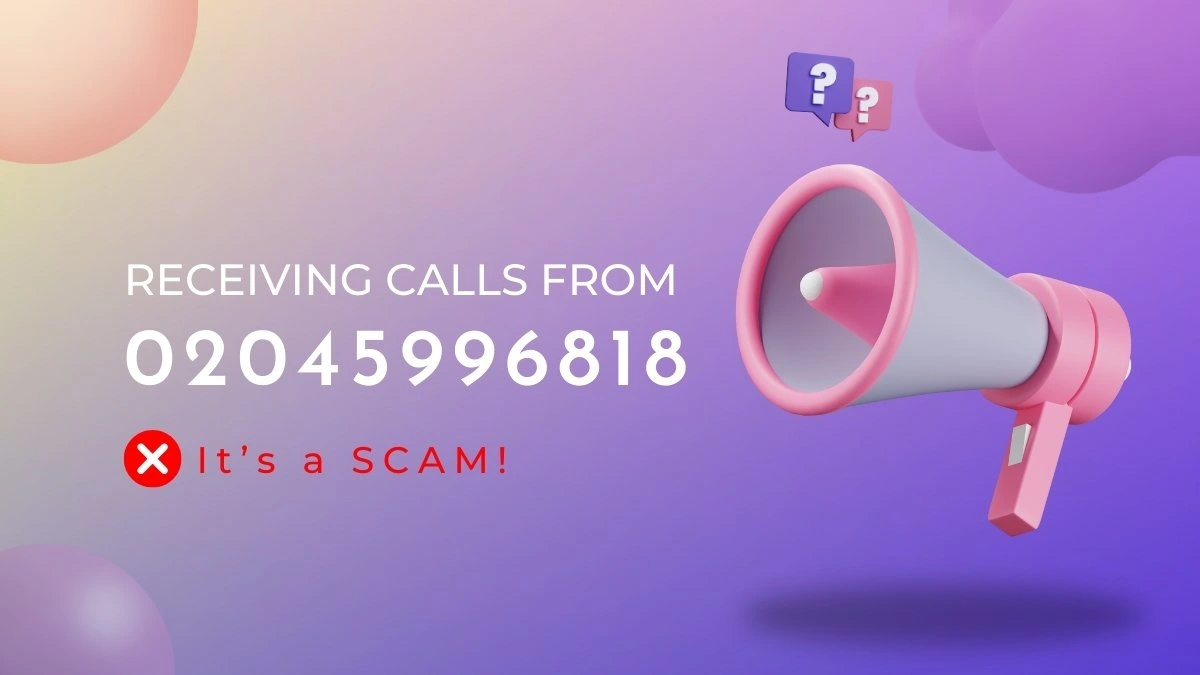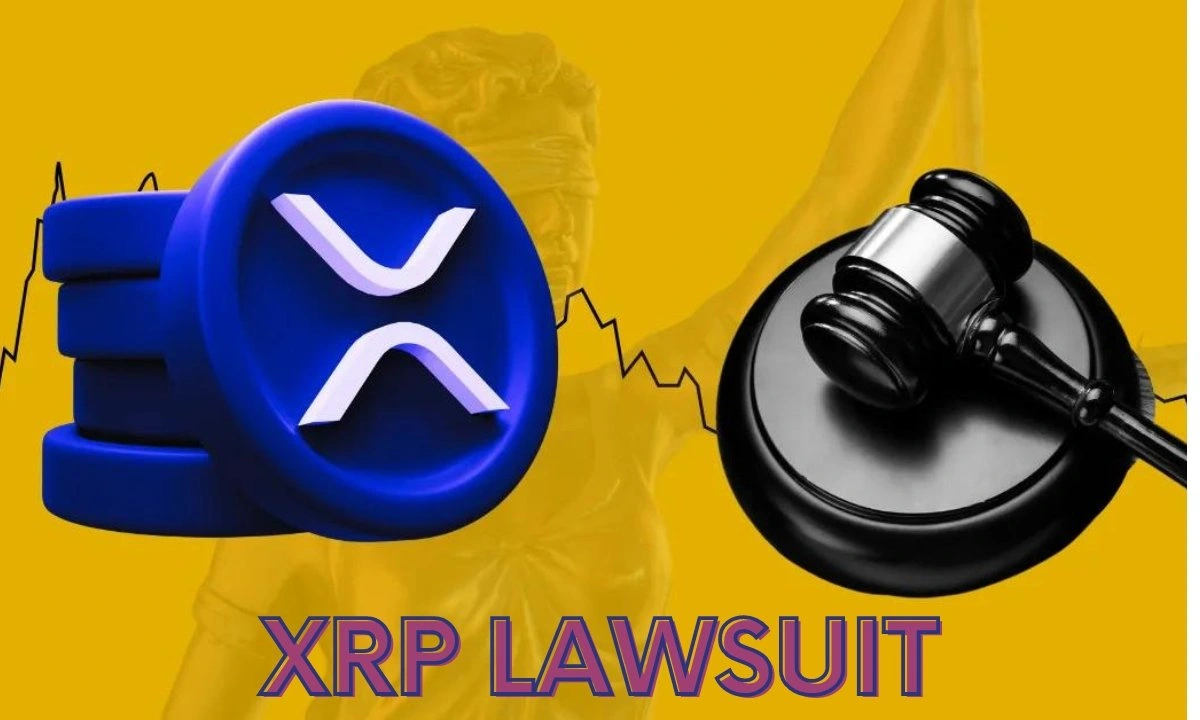02045996818 – Everything You Need To Know About Scam Calls

Scam calls from the number 02045996818 have become an unfortunate and pervasive part of our daily lives, with innocent individuals across the globe falling victim to deception and fraud. From sophisticated tech support scams to the ever-tempting “You’ve won a lottery” calls, the art of scamming has evolved into a multi-faceted beast, preying on our fears and our dreams alike. It’s no wonder then that understanding how to identify and avoid these fraudulent calls is a crucial skill in maintaining your financial and emotional well-being.
Table of Contents
Types of Scam Calls from 02045996818
Before discussing the strategies to protect yourself from scam calls, it’s important to understand the different forms these scams can take. Doing so enables you to recognize the red flags and avoid the trap.
Fake Government Calls
One of the most unnerving types of scam calls is the false representation of government agencies. Callers often impersonate officials from the IRS, Social Security Administration, or other authoritative departments, using threats of legal action or arrest to coerce their targets into giving them money or personal information.
Tech Support Scams
Tech support fraud is a common tactic where scammers call pretending to be from a well-known tech company, informing the victim that their computer is infected with a virus or malware. They offer to fix the problem for a fee, but in reality, they are attempting to install malicious software or steal personal data.
Lottery or Prize Scams
The allure of a sudden windfall can cloud judgment, and scammers exploit this weakness by informing victims that they’ve won a prize, but need to pay a fee to claim it. The prize, of course, doesn’t exist, and once the fraudsters have your money, they disappear.
Investment Scams
These calls appeal to the target’s desire for financial gain, offering once-in-a-lifetime investment opportunities with high returns and low risks. In reality, the investments are non-existent, and the scammers are simply looking to fleece victims of their hard-earned cash.
Common 02045996818 Scam Call Tactics
Understanding the tactics used by scam callers can help you become more vigilant. By knowing what to look out for, you can better protect yourself from potential fraud.
Caller ID Spoofing
Caller ID technology makes it appear as if the call is coming from a legitimate number, sometimes even mimicking the number of a trusted organization. This tactic can be disarming, as it can lead the target to believe the call is genuine, relying solely on the displayed number.
Pressure and Urgency
Scammers often use high-pressure tactics to rush victims into making a decision without thinking it through. They create a sense of urgency, claiming that immediate action is necessary to avoid dire consequences.
Impersonation of Trusted Organizations
By pretending to be from a known and trusted organization, such as a bank or a tech company, scammers exploit the trust and respect these institutions command, making it more likely for victims to comply with their demands.
Request for Personal Information or Money
Scammers aim to elicit sensitive information such as social security numbers, bank account details, or credit card numbers. Alternatively, they may request a payment, either for a non-existent service or to ‘resolve’ a fabricated issue.
How to Identify and Avoid Scam Calls
Recognizing a scam call is the first step in avoidance, and there are certain practices that can help you determine the legitimacy of a call.

Trust Your Instincts
If something doesn’t feel right about the call, it probably isn’t. Trust your gut and don’t be afraid to hang up.
Verify the Caller’s Identity
If you receive a call claiming to be from a company or organization, ask for the caller’s name and a call-back number. Look up the organization’s official contact information and call back to confirm the nature of the original call.
Never Share Personal or Financial Information
A legitimate organization will never ask for sensitive information over the phone. Be wary of unsolicited calls requesting such details.
Protecting Yourself from Scam Calls
There are several proactive measures you can take to shield yourself from the onslaught of scam calls.
Use Call-Blocking Apps
There are numerous apps available that can screen your calls and block known scam numbers. These tools can significantly reduce the number of scam calls you receive.
Register Your Number on the Do Not Call List
Many countries offer a Do Not Call List where you can register your number to reduce marketing and scam calls. While this won’t eliminate all unwanted calls, it can help to decrease them.
Be Cautious with Your Personal Information Online
The more your personal information is available online, the more ammunition scammers have to tailor their pitches to you. Be careful about sharing your contact details, and regularly monitor your online presence.
What to Do if You Receive a Scam Call
Even with all the precautions, scam calls can still sneak through. Understanding how to react when you receive one is crucial.
Hang Up Immediately
The moment you suspect a call is a scam, hang up. Don’t engage or waste your time.
Report the Call to the Appropriate Authorities
Many countries have hotlines or websites where you can report scam calls. Reporting these incidents can help protect others from falling victim.
Conclusion: Staying Vigilant Against Scam Calls
The battle against scam calls requires constant vigilance and the willingness to educate yourself and others. By staying informed and alert, you can protect yourself and your loved ones from the financial and emotional toll of scam calls. Remember, knowledge is power, and by sharing this information, we can create a community that is less susceptible to the deceptive tactics of scammers. The best defense is a proactive one, so be alert, be informed, and be scam-aware.
You Might Also Like: 02045996870 Exposed: What The Number Really Mean
Frequently Asked Questions
Q1: What is Caller ID Spoofing?
Caller ID Spoofing is a tactic used by scammers where they manipulate Caller ID technology to make it appear as if the call is coming from a legitimate or trusted organization’s number. The primary aim is to disarm the victim into believing the call is genuine.
Q2: How can I verify the identity of a caller who claims to be from a known organization?
To verify the caller’s identity, ask for the caller’s name and a call-back number. Disconnect the call and then look up the organization’s official contact number from a reliable source. Use this official number to call back and confirm the legitimacy of the original call.
Q3: What should I do if I receive a scam call?
If you suspect a call is a scam, hang up immediately. Do not engage or entertain any requests. Report the call to the appropriate authorities – many countries have hotlines or websites dedicated to this purpose.
Q4: How can I protect myself from scam calls?
There are several proactive measures you can take. Use call-blocking apps that can screen your calls and block known scam numbers. Register your number on the Do Not Call List to reduce marketing and scam calls. Also, be cautious about sharing your personal information online.
Q5: What is the role of trust in these scam calls?
Scammers often impersonate trusted organizations such as banks or tech companies to exploit the trust and respect these institutions command. This impersonation makes it more likely for victims to comply with their demands, thus making trust a crucial element in these scams.

Ed Sheeran lawsuit

xrp lawsuit

3m earplug lawsuit
Like this project
Posted Feb 9, 2024
What is 02045996818? Learn how to identify, avoid, and report scam calls. This guide provides practical advice to stay ahead of scammers & protecting yourself.
Likes
0
Views
262



